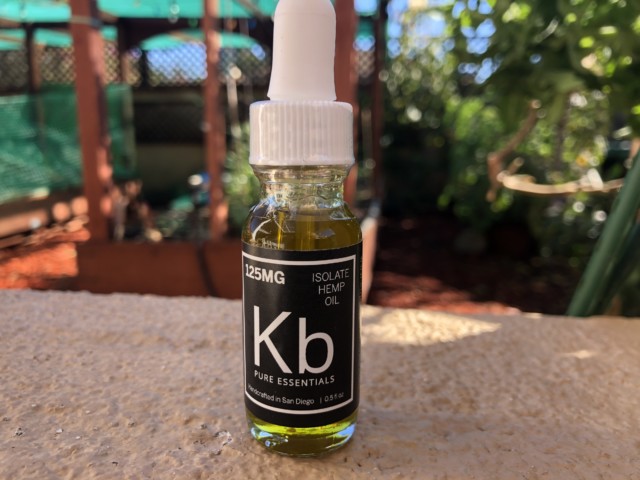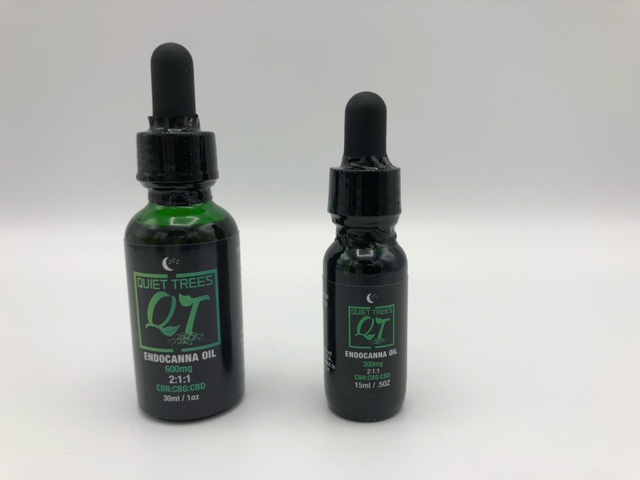
In recent years, the popularity of cannabidiol (CBD) has soared, with many people turning to this natural compound for a variety of health benefits. One of the most discussed potential benefits of CBD is its impact on mental health, particularly its ability to help with anxiety and depression. This article delves into the scientific evidence, potential mechanisms, and real-world experiences surrounding CBD and its effects on mental health.
Understanding CBD
CBD is one of over 100 cannabinoids found in the hemp sativa plant. Unlike tetrahydrocannabinol (THC), the psychoactive compound in hemp that produces a high, CBD is non-psychoactive. This makes it an attractive option for those seeking relief from various ailments without the mind-altering effects of hemp.
The Science Behind CBD and Mental Health
Anxiety
Anxiety disorders are among the most common mental health conditions worldwide, affecting millions of people each year. Traditional treatments include medications such as benzodiazepines and selective serotonin reuptake inhibitors (SSRIs), but these can have significant side effects and may not be effective for everyone.
How CBD May Help with Anxiety
Research suggests that CBD may have anxiolytic (anxiety-reducing) properties. A 2015 review of studies published in Neurotherapeutics concluded that CBD has considerable potential as a treatment for multiple anxiety disorders, including:
- Generalized Anxiety Disorder (GAD)
- Social Anxiety Disorder (SAD)
- Panic Disorder (PD)
- Obsessive-Compulsive Disorder (OCD)
- Post-Traumatic Stress Disorder (PTSD)
CBD is believed to interact with the endocannabinoid system (ECS), which plays a role in regulating mood, stress, and anxiety. It may enhance the signaling of serotonin receptors, which are known to influence mood and anxiety levels. Additionally, CBD has been shown to reduce activity in the amygdala, a part of the brain that plays a critical role in fear and anxiety responses.
Depression
Depression is another prevalent mental health condition that can significantly impact an individual’s quality of life. Standard treatments include antidepressants, psychotherapy, and lifestyle changes, but these are not always effective or well-tolerated by all patients.
How CBD May Help with Depression
Studies indicate that CBD may also have antidepressant effects. A 2014 animal study published in CNS & Neurological Disorders – Drug Targets found that CBD exhibited both anti-anxiety and antidepressant effects in animal models. Researchers believe that these effects are due to CBD’s interaction with serotonin receptors in the brain.
Moreover, CBD may promote neurogenesis, the formation of new neurons, in the hippocampus, a region of the brain associated with emotion and mood regulation. This could potentially counteract the brain changes seen in depression.
Real-World Experiences and Case Studies
While clinical research on CBD for mental health is still in its early stages, anecdotal evidence and case studies provide valuable insights into its potential benefits.
Case Study: CBD for Anxiety
One notable case is that of a 10-year-old girl with PTSD resulting from sexual abuse. Traditional treatments were only partially effective, so her parents turned to CBD. Over five months, the girl’s anxiety and sleep disturbances significantly improved, according to a case report published in The Permanente Journal in 2016. Her treating physician noted that CBD appeared to be a safe and effective option for managing her PTSD-related anxiety.
Personal Testimonies
Many individuals have shared their positive experiences with CBD for anxiety and depression on online forums and social media platforms. Users often report reduced anxiety, improved mood, and better sleep after using CBD products. While these accounts are subjective and not scientifically verified, they highlight the growing interest and potential of CBD as a mental health treatment.
Safety and Side Effects
CBD is generally considered safe, with a favorable side effect profile compared to many pharmaceutical medications. Common side effects include:
- Fatigue
- Diarrhea
- Changes in appetite
- Dry mouth
However, CBD can interact with certain medications, so it is crucial to consult with a healthcare provider before starting any new supplement, especially for individuals already on medication.
Legal Status and Accessibility
The legal status of CBD varies worldwide. In the United States, the 2018 Farm Bill legalized hemp-derived CBD products containing less than 0.3% THC. However, state laws can differ, and it’s important to check local regulations before purchasing or using CBD products. In many other countries, CBD is available but may be subject to specific regulations.

How to Choose a Quality CBD Product
When considering CBD for mental health, choosing a high-quality product is essential. Here are some tips to ensure you get a reliable and effective product:
- Source: Look for products made from organically grown hemp to avoid exposure to pesticides and heavy metals.
- Third-Party Testing: Choose brands that provide third-party lab results to verify the potency and purity of their products.
- Full-Spectrum vs. Isolate: Full-spectrum CBD products contain other beneficial cannabinoids and terpenes, which may enhance the overall therapeutic effect (the entourage effect). CBD isolate products contain only CBD.
- Dosage: Start with a low dose and gradually increase until you find the optimal dose for your needs. Consult with a healthcare provider for personalized guidance.
Future Research Directions
While existing research is promising, more studies are needed to fully understand CBD’s effects on anxiety and depression. Future research should focus on:
- Long-term effects of CBD use
- Optimal dosages for different conditions
- Comparative studies with existing treatments
- Mechanisms of action in the human brain
Such studies will help establish clearer guidelines and enhance our understanding of CBD’s potential as a mental health treatment.
Conclusion
CBD shows promise as a natural treatment for anxiety and depression, offering a potential alternative to traditional medications with fewer side effects. While more research is needed to confirm its efficacy and safety, many individuals report positive outcomes from using CBD for mental health issues. As always, it is essential to consult with a healthcare provider before starting any new treatment. Feel free to visit Brewminate to find more tips and ideas about CBD for anxiety and depression.

